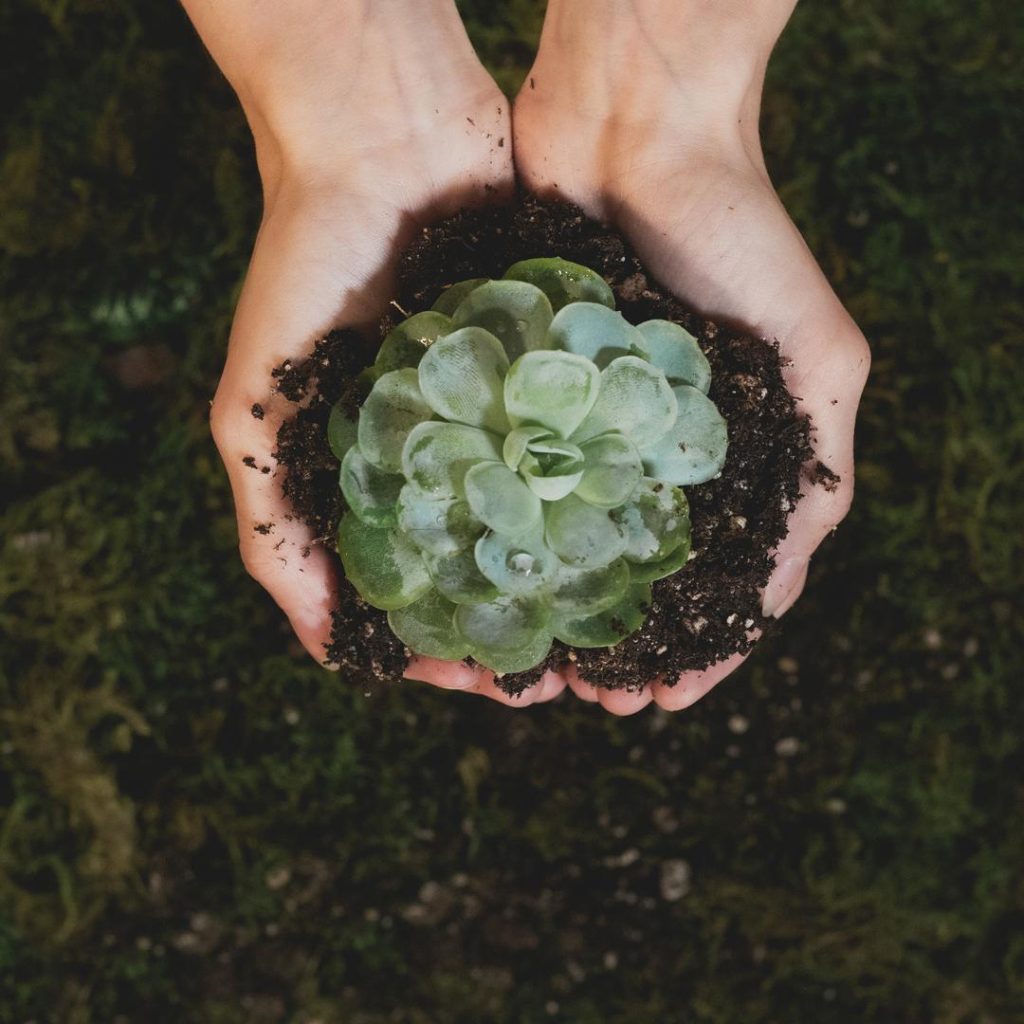Peat in organic potting soil? - We have the test results

Potting and plant soils from supermarkets, DIY stores and garden centers increasingly have "organic", "eco" or "natural" in their names. However, there is no organic certification for soil. Is this just greenwashing or are the products really "organic"? The AK consumer advocates have had potting soil and plant soil tested. The peat content is of particular interest to climate-conscious consumers.
The independent evaluation organization "EASY-CERT services" tested 56 different plant soils on behalf of AK-Konsumentenschutz.
The Dehner garden center and the DIY stores Hellweg and Hornbach did not disclose the composition of their products. It was therefore not possible to check them. The other soils comply with the EU Organic Farming Regulation and are therefore also suitable for use in organic farming.
Less and less peat in organic potting and plant soil
Climate-conscious consumers ask themselves about the peat content. Peat is extracted from bogs and is an excellent store for climate-damaging CO2. It is released during peat extraction. In addition, peatlands grow very slowly. With the right choice of potting soil, consumers can contribute to climate protection.
The good news: only five of the 56 soils tested contained peat. Of these, one Hagebau product contained more than 70 percent peat and two others up to 30 percent. Two specialty soils from the warehouse also contain up to 50 percent peat.
Climate protection tip from the AK consumer advocates
In order to protect peatlands and the climate, consumers should definitely avoid peat-based soils. Even "organic soils" can contain peat and are therefore no guarantee that they are peat-free. You should therefore pay attention to the test results and the information on the packaging






